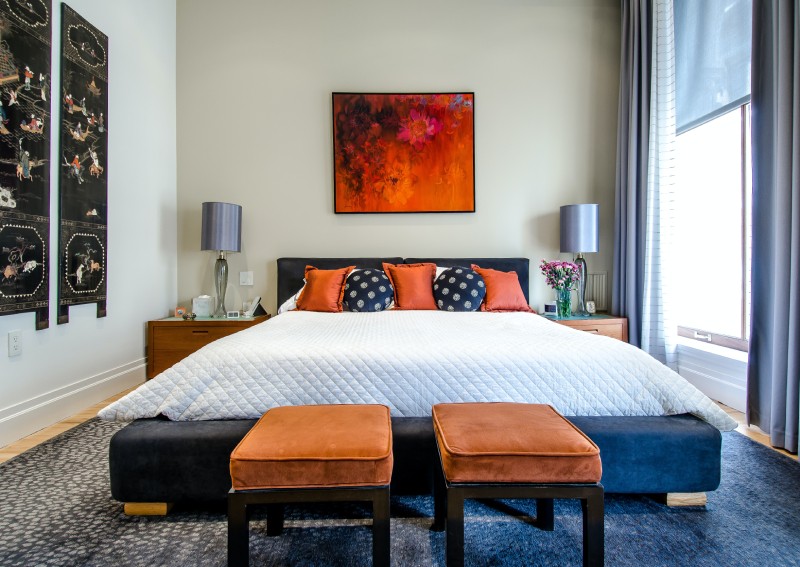From 'master' to 'primary' bedrooms: Should we embrace the change?

In the ever-evolving landscape of real estate, even the language used to describe homes is transforming. The once-familiar term "master bedroom" is now under scrutiny, with discussions around its potential insensitivity and links to historical contexts.
This article dives into the ongoing debate surrounding the shift from "master" to "primary" bedrooms and explores whether this linguistic change should be embraced in the real estate industry.
The journey of the term "master bedroom" dates back to a 1926 Modern Homes catalogue by Sears, Roebuck and Co.
Interestingly, the catalogue introduced the concept of a "master's bedroom" in the description of the second floor of the most luxurious home. Before this, floor plans typically used the term "chamber" for bedrooms.
The origins of the term appear to be rooted in a commercial context, possibly a marketing strategy by Sears to attract post-World War I suburban home buyers aspiring to join the expanding middle class.
The reconsideration of the term "master bedroom" stems from several factors:
The question of whether Singapore should adopt this linguistic shift parallels the ongoing debate in the real estate communities globally. The decision to transition from "master bedroom" to "primary bedroom" is a nuanced one, involving personal preference and cultural sensitivity.
Singapore, with its rich cultural tapestry, may need to navigate this shift carefully. While some argue that "master bedroom" is a neutral term merely indicating the largest bedroom, others emphasise the importance of adapting language to be more inclusive.
Using "primary bedroom" may align with contemporary values, acknowledging and respecting those who find the existing terminology problematic.
Real estate, as an industry, is not immune to societal changes. As we collectively work towards a more inclusive and sensitive environment, language plays a pivotal role.
Embracing the change from "master" to "primary" bedrooms is a small yet significant step in fostering inclusivity within the real estate realm.
The ongoing shift in real estate language prompts industry professionals and homeowners alike to reevaluate their use of terminology. Navigating this transition requires a willingness to adapt and an understanding of the potential impact on diverse communities.
The evolving terminology is not just a linguistic change but a reflection of broader societal shifts. The real estate industry, by embracing these language updates, has the opportunity to demonstrate its commitment to diversity and inclusivity.
This shift goes beyond semantics; it is a conscious choice to create a more welcoming space for all.
ALSO READ: 5 important details that aren't obvious on your condo floor plan